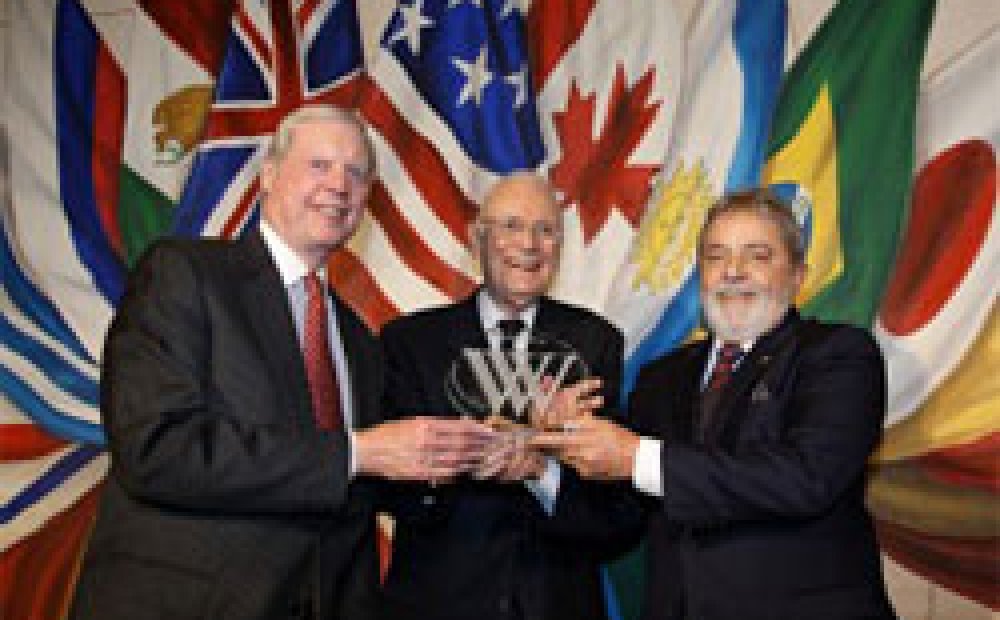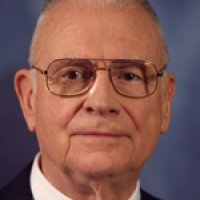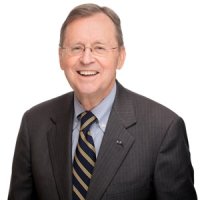Woodrow Wilson Public Service Award

On Sept 21st, the Brazil Institute honored President Luiz Inácio Lula da Silva with the Woodrow Wilson Award for Public Service in a dinner chaired by Eike Batista, Chairman and CEO of the Brazilian EBX Group, and Rex Tillerson, Chairman and CEO of Exxon Mobil. The award was presented to the Brazilian president by the chairman of the Woodrow Wilson International Center of Scholars Board of Trustees, Joseph B. Gildenhorn, board member Charles L. Glazer, and the Center's President and Director, Lee H. Hamilton.
The co-chairmen of the Brazil Institute Advisory Council, Anthony Harrington, President and CEO of the Albright Stonebridge Group, and Alain J.P. Belda, Chairman of Alcoa, welcomed the than 320 guests who attended the dinner, held at the Imperial Room of the Waldorf-Astoria Hotel, in New York. Brazilian First Lady Marisa Letícia Lula da Silva accompanied her husband.
The guests included politicians, diplomats, journalists and representatives of the business community: Luis Dulci, Minister Secretary-General of the Presidency; Marco Aurélio Garcia, Foreign Policy Advisor to the President of Brazil; Maria Luisa Viotti, Brazilian Ambassador to the United Nations; Assistant Secretary of State for Western Hemisphere Affairs, Thomas Shannon; four former Ambassadors to Brazil, Anthony L. Motley, Anthony Harrington, Donna Hrinak, Clifford Sobel; and Senior Judge Peter J. Messitte, US District Court of Maryland. Also in attendance were the President of the Inter-American Development Luis Alberto Moreno, and Lazaro and Cuahtemóc Cárdenas, respectively, former governor of the Mexican state of Michoacan and former senator and mayor of Mexico City.
The president of Brazil was honored in recognition of his fight for democracy and social justice, and for the fundamental role he played as a union organizer, party leader and President in Brazil's political and economic transformation. President Lula said he accepted the award on behalf of the Brazilian people.
Lula, who spoke in his native Portuguese, underlined the crucial international role that his country has embraced in the last decade. The President stressed that Brazil, as the largest and most prosperous country is South America, has special responsibilities to its poorer immediate neighbors.
Lula commented on an important lesson he has learned over his many years in leadership positions: "A leader needs to be flexible," he said. Lula told a story of how, in his early days working with unions, he dedicated his career to fighting consumerism in the country. Yet, after the 2008 global economic crisis, the President went on television to ask the Brazilian people to consume otherwise economic growth would come to a stop.
Even though Lula has learned to be flexible and innovative with problem solving, he has not changed his bottom-line goals for the country: Economic growth that transcends class lines and education. The development model of the country during the 1950-1980s hurt Brazil because of fast economic growth with high rates of inequality and little investment in education. The idea that first "the pie needed to get bigger" before you could divvy up the riches proved to be false. Lula stated, "The pie did get bigger, but one person came along and ate it all."
President Lula reinforced the bottom-line importance of economic stability. With high inflation and unemployment, those who suffer the most are the poor. He said macroeconomic stability is important not just for the private sector, but, even more so, for those less fortunate.
Speakers
Former Chariman, Board of Trustees, Wilson Center
CLG Investment Company, Inc.

Founder, the Center on Congress at Indiana University; Vice Chair, 9/11 Commission

Hosted By

Brazil Institute
The Brazil Institute—the only country-specific policy institution focused on Brazil in Washington—aims to deepen understanding of Brazil’s complex landscape and strengthen relations between Brazilian and US institutions across all sectors. Read more


Environmental Change and Security Program
The Environmental Change and Security Program (ECSP) explores the connections between environmental change, health, and population dynamics and their links to conflict, human insecurity, and foreign policy. Read more


Latin America Program
The Wilson Center’s prestigious Latin America Program provides non-partisan expertise to a broad community of decision makers in the United States and Latin America on critical policy issues facing the Hemisphere. The Program provides insightful and actionable research for policymakers, private sector leaders, journalists, and public intellectuals in the United States and Latin America. To bridge the gap between scholarship and policy action, it fosters new inquiry, sponsors high-level public and private meetings among multiple stakeholders, and explores policy options to improve outcomes for citizens throughout the Americas. Drawing on the Wilson Center’s strength as the nation’s key non-partisan policy forum, the Program serves as a trusted source of analysis and a vital point of contact between the worlds of scholarship and action. Read more
